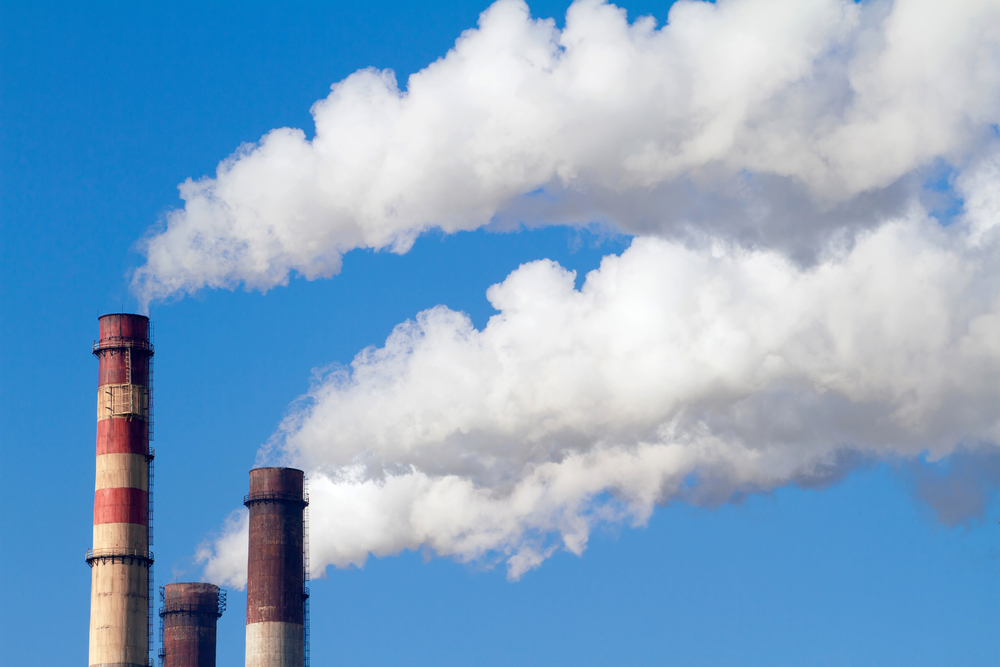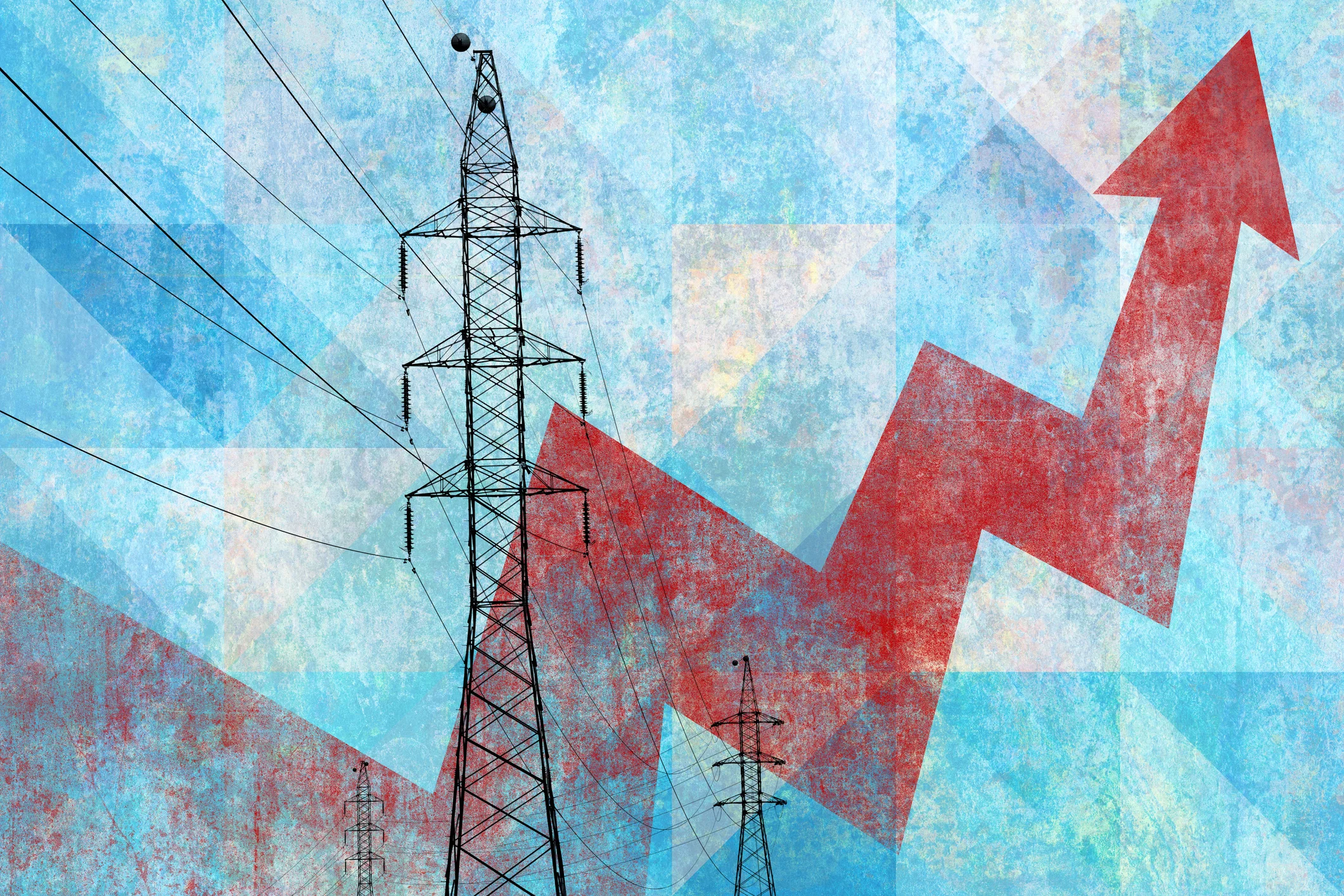In October 2019, we shared two studies on this blog from the Rocky Mountain Institute that posed a provocative question: When might we reach the tipping point for carbon? At that point, 2035 was the target year.
What a difference a few months made.
Follow the Money
Earlier this year, the CEO of BlackRock—the largest money-management company in the world with nearly $7 trillion (that’s trillion with a “t”) in assets—announced that environmental sustainability is now a core goal for all of the firm’s investments. In his annual letter to chief executives of the world’s largest companies, Larry Fink said that BlackRock would stop investing in companies that “present a high sustainability-related risk” such as those for coal producers. He also predicted a fundamental reshaping of finance and encouraged all companies, not just energy producers, to consider their carbon footprints as part of their business planning.
Just last month, JPMorgan Chase’s annual regulatory report added “climate change” to its list of factors that could materially disrupt its business, hurting operations and investors. The largest bank in the United States also announced that it would stop financing coal-fired power plants unless they’re sequestering carbon, and it will no longer finance new oil and gas developments in the Arctic.
And a number of large utilities already have committed to carbon-free power, including Arizona Public Service, DTE Energy, Duke Energy, NRG Energy, PSEG, and Xcel Energy.
Were some of these companies and their leaders targeted by environmental activists? Yes. Was that the only reason they’ve made these significant policy changes? No.
Big Oil is underperforming, and money managers at some of the largest companies in the world have upped their ante to invest more in renewable energy. Why not? They can reduce their environmental impact and make more money for their shareholders at the same time.
According to The Motley Fool, since 2005 NextEra Energy—one of the nation’s largest producers of solar and wind power—has grown its adjusted earnings per share at an annual clip of 8.5 percent. For the last 15 years, NextEra’s stock has outperformed the entire utility sector, not to mention 86 percent of all stocks in the S&P 500.
Tipping Point For Carbon Conclusion
At Virtual Peaker, we typically don’t look to the stock market for answers. We’re in the business of working with innovative utilities and partners to balance the grid and to develop and implement new, customer-centric and sustainable business models. But given our broader goal of supporting a lower carbon future, we see these latest developments within the financial markets as a reason for cautious optimism.
Obviously, there is much more to do, and this may only represent the beginning of a more promising trend. But “follow the money” is a cliche for a reason, and if the saying holds true, we hope carbon emitters will do exactly that.







